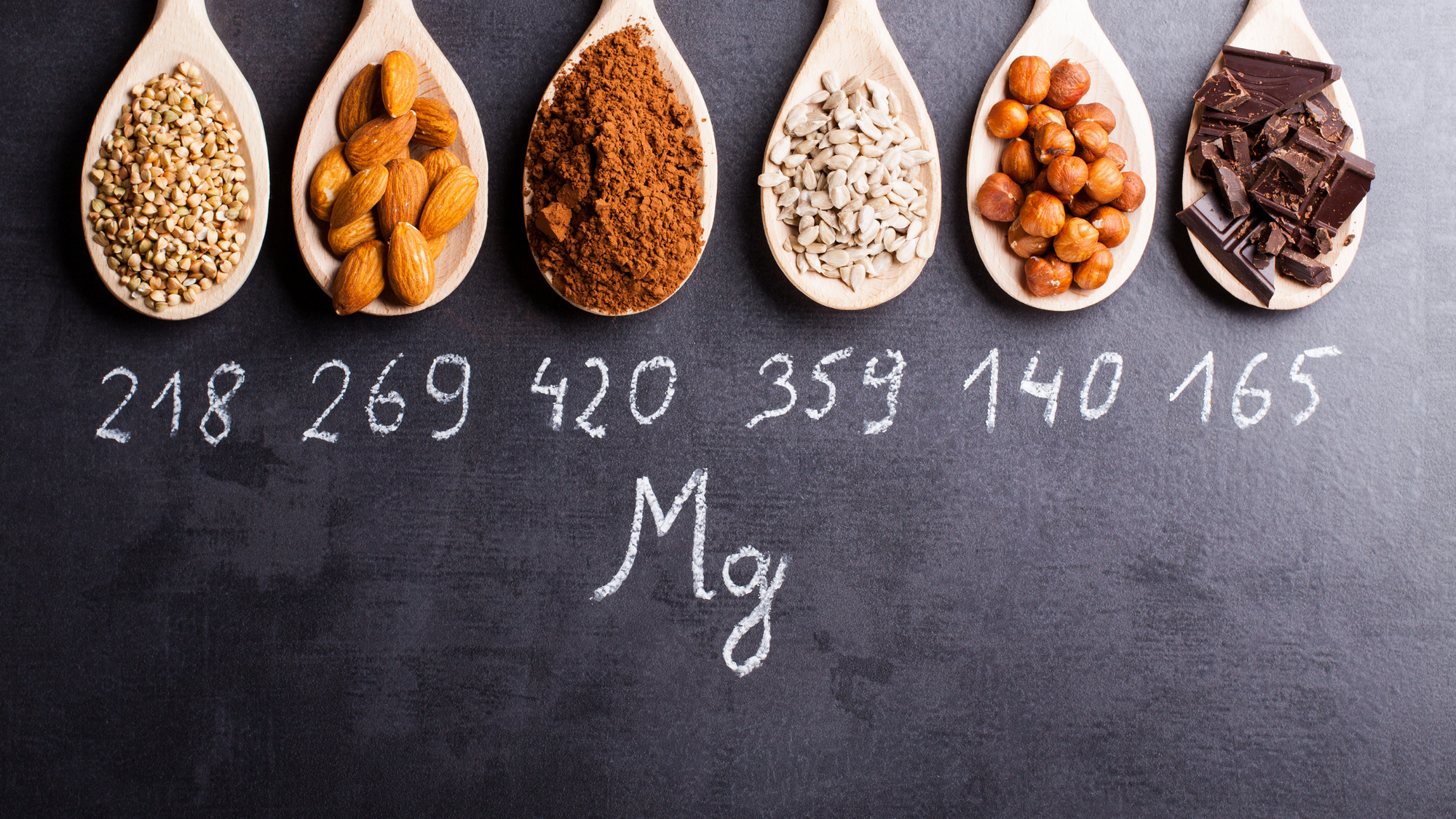Potassium is an essential nutrient that regulates blood pressure and pH in the body. A potassium deficiency (hypokalemia) is usually not caused by a low-potassium diet, but by increased excretion via the kidneys. Nevertheless, many people do not consume the recommended amount of potassium through their diet.
Here you will learn how a potassium deficiency occurs, what causes it and how you can fix it.
IT'S WORTH READING!
AT THE END OF THE ARTICLE WE HAVE PROVIDED YOU A COUPON CODE FOR OUR KALIUM.
Why is potassium important?
Potassium is an essential electrolyte that we must ingest through food . Most of the potassium in the body is found in the cells, especially in the muscle cells .
Potassium, together with sodium, is involved in the transmission of nerve impulses . Potassium is also essential for regulating blood pressure . It acts as an antagonist to sodium, which is a component of table salt. Consuming too much salt is suspected of causing high blood pressure. Increasing potassium intake can counteract this.
Potassium is also important for the acid-base balance as it regulates the pH value . [1]
The European Food Safety Authority confirms the following effect of potassium in its Health Claims Regulation :
Potassium contributes
- to maintain normal blood pressure in
- to normal functioning of the nervous system in
- to normal muscle function in

How does a potassium deficiency occur?
Potassium deficiency occurs when the serum concentration falls below 3.8 mmol/l .
A potassium deficiency can have the following causes:
Increased potassium excretion via the kidneys
Aldosterone and cortisol are two important hormones that regulate potassium levels. They promote potassium excretion via the kidneys. If these two hormones are permanently elevated, this can lead to a potassium deficiency.
Certain medications, such as diuretics, glucocorticoids and antibiotics can have a similar effect. Long-term use therefore increases the risk of potassium deficiency.
Kidney failure can also lead to increased excretion of potassium . [2]
Gastrointestinal problems
Minerals such as potassium are absorbed through the gastrointestinal tract. Chronic gastrointestinal problems can therefore impair absorption and lead to a deficiency.
Potassium deficiency symptoms: How to recognize a deficiency
A potassium deficiency causes certain symptoms, which can have many causes. For this reason, a deficiency can only be diagnosed through a serum test.
A potassium deficiency can cause the following symptoms: [3]
- High blood pressure
- Muscle weakness
- fatigue
- Cardiac arrhythmias
- constipation

Potassium daily requirement
According to the German Nutrition Society (DGE), the daily requirement for an adult is 4000 mg . Breastfeeding women have a slightly increased requirement of 4400 mg. [4]
However, these are only average values. Certain illnesses and the use of medication can increase the need.
Foods with potassium
Potassium deficiency is usually not caused by too little potassium in the diet. However, potassium intake in food has declined sharply in recent years due to increased consumption of ready meals and fewer vegetables . [5] This can easily lead to a deficiency if kidney or gastrointestinal problems are present at the same time, or if medications are taken that increase potassium excretion.
The table shows which foods are particularly good sources of potassium. [6] You should note that the cooking method also has a major influence on the potassium content. If you cook vegetables in water, a large part of the potassium passes into the water . For this reason, you should either reuse the water or cook without water, e.g. by frying.
|
Groceries |
Potassium content (mg/100) |
|
Pistachios |
1025 |
|
Tomato paste |
1010 |
|
linseed |
813 |
|
Pumpkin seeds |
788 |
|
Almonds |
733 |
|
squid |
637 |
|
Peanuts |
634 |
|
Parsley |
554 |
|
Avocado |
485 |
|
Sweet potatoes |
478 |
|
potatoes |
447 |
|
Salmon |
436 |
|
Kidney beans |
401 |
|
Swiss chard |
379 |
|
Bananas |
358 |
Buy potassium
A potassium deficiency should be compensated for with dietary supplements . However, caution is advised here, as too much potassium can be just as harmful as a potassium deficiency. An excess of potassium can lead to muscle weakness, paralysis, lung failure and cardiac arrhythmia.
For this reason, you should be careful with the dosage and never take more than the recommended daily allowance in the form of a dietary supplement. Viktilabs potassium citrate is appropriately dosed : 3 capsules provide 756 mg of potassium, which is well below the reference amount. It also has a high bioavailability , is free of artificial additives and is vegan.
Conclusion: Potassium is an essential nutrient
Potassium is a vital mineral that is important for regulating blood pressure and pH levels , as well as for transmitting nerve signals . A deficiency is usually not caused by a low-potassium diet, but by diseases and medications that lead to increased excretion . However, low potassium intake can promote a deficiency. Supplementation with a high-quality potassium preparation can help to compensate for a deficiency.
WE AT +VIKTILABS HAVE PROVIDED YOU WITH A 10 % VOUCHER FOR OUR POTASSIUM AND HOPE THAT IT WILL MAKE YOU HAPPY.
SIMPLY COPY THE COUPON CODE KALIUM+V10 AND ENTER IT AT CHECKOUT.
[1] https://pubmed.ncbi.nlm.nih.gov/23674806/
[2] https://www.ncbi.nlm.nih.gov/pmc/articles/PMC1805876/
[3] https://www.ncbi.nlm.nih.gov/pmc/articles/PMC5881435/
[4] https://www.dge.de/forschung/referenzwerte/kalium/
[5] https://pubmed.ncbi.nlm.nih.gov/18724413/
[6] https://nutritiondata.self.com/foods-000122000000000000000-w.html



















